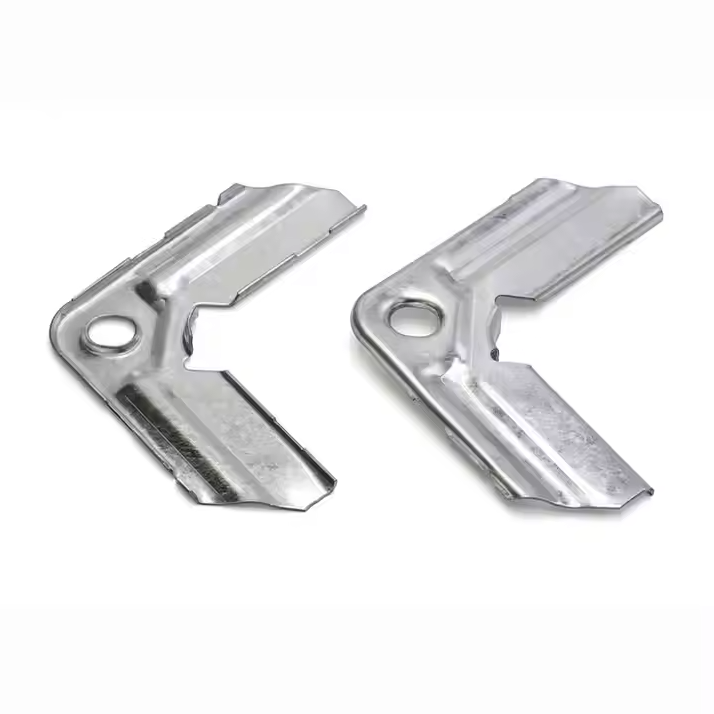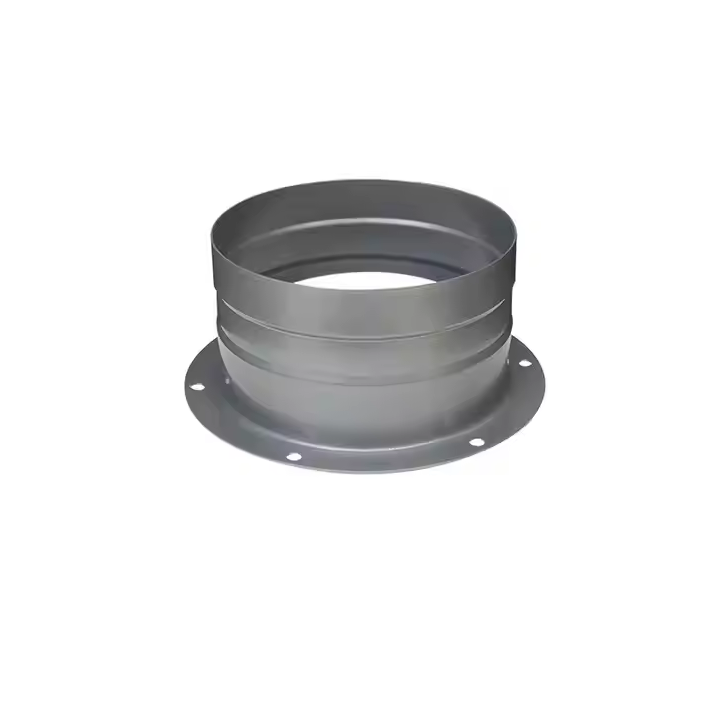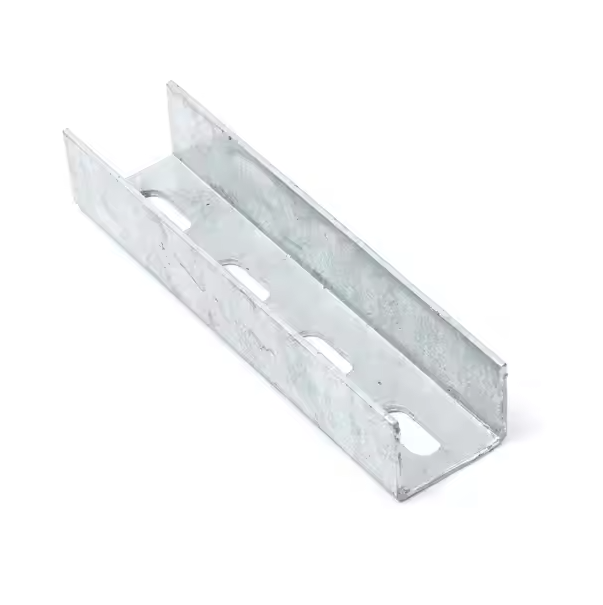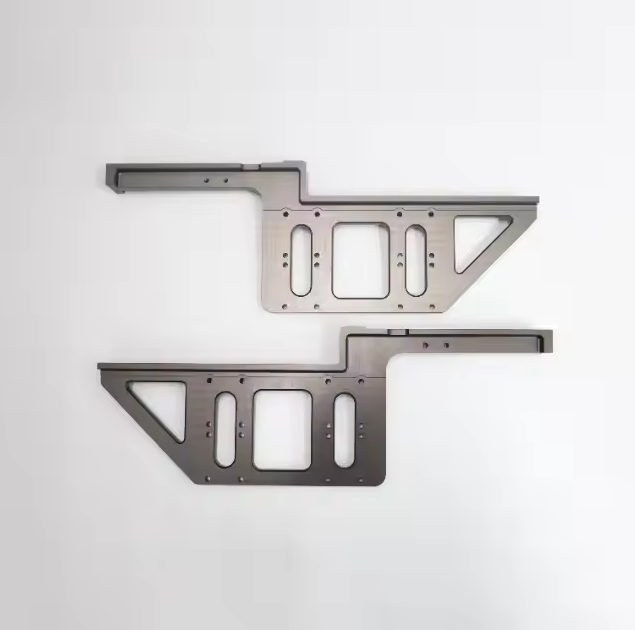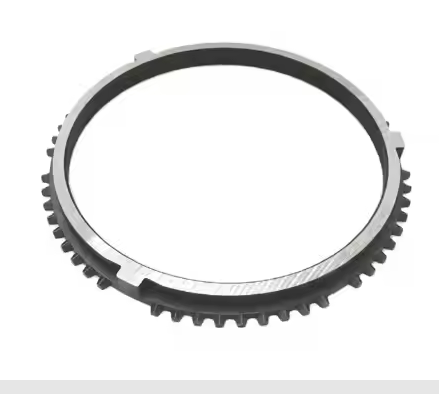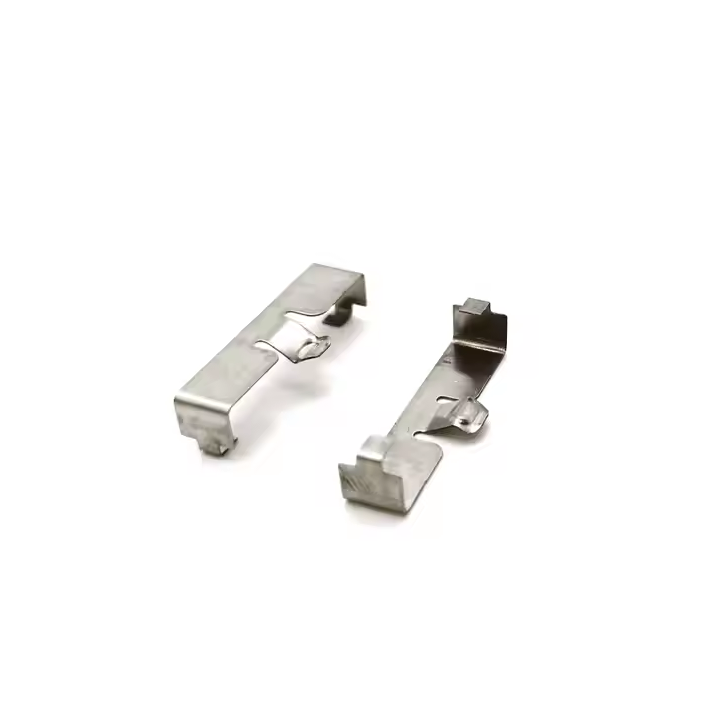In the field of automotive parts manufacturing, forged wheels have become the only choice for those who pursue high performance and light weight due to their excellent performance and craftsmanship. They are not only an important part of the appearance of the car, but also a key factor in determining the vehicle's handling and safety performance.
Concept of forged wheel manufacturing process
The forged wheel manufacturing process uses strong pressure to make the metal blank undergo plastic deformation in the die, thereby obtaining a wheel product with a predetermined shape, size and performance. This process is usually carried out at high temperature or room temperature. By applying pressure to the blank, the internal structure of the metal is changed, the density is increased, the grains are refined, and the strength and toughness of the wheel are improved.
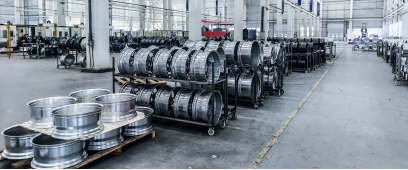
Development of manufacturing process of forged wheels
In the early days, the manufacturing process of forged wheels was complicated, with low production efficiency and high cost, and was mainly used in the fields of racing and high-end automobiles. With the advancement of science and technology, forging equipment has been continuously upgraded, the degree of automation has been greatly improved, and new forging processes have continued to emerge, such as multi-directional forging and isothermal forging, which have effectively improved production efficiency and reduced costs. At the same time, the development of materials science has also provided forged wheels with better quality materials such as aluminum alloys and magnesium alloys, further optimizing the performance of wheels. Today, forged wheels are gradually penetrating into the mid- and low-end markets, becoming a popular choice for car modification and upgrades.
Manufacturing process characteristics of forged wheels
High strength and high toughness
The forging process makes the internal structure of the metal dense and the grain orientation reasonable, giving the wheel excellent strength and toughness, which can withstand the impact of high-speed driving and complex road conditions and ensure driving safety.
Lightweight advantage
Compared with cast wheels, forged wheels can reduce weight by 15%-20% while ensuring strength, effectively reducing the unsprung mass of the vehicle, improving handling and acceleration performance, and reducing fuel consumption.
High dimensional accuracy
Advanced molds and precise forging processes can control the wheel size accuracy within a very small tolerance range, ensure good dynamic balance performance, and reduce vibration and noise during vehicle driving.
Excellent surface quality
The forged wheel surface is smooth and uniform in texture. After subsequent treatments such as polishing and electroplating, it can present a beautiful appearance to meet consumers' needs for personalization and high quality.

Application fields of forged wheel manufacturing process
Auto racing
In top automobile racing events such as F1 and WRC, forged wheels are standard for racing cars. Their high strength and lightweight characteristics can meet the stringent requirements of racing cars under high-speed driving and intense control, helping racers improve their competitive performance.
High-end automobile manufacturing
Many luxury car brands, such as Ferrari, Lamborghini, Porsche, etc., widely use forged wheels in their mass-produced models to highlight the high performance and high-quality positioning of the vehicles and enhance the brand image.
Car modification
In order to improve the performance and appearance of the vehicles, car modification enthusiasts often choose to replace forged wheels.
Special vehicles
In some special vehicles with extremely high requirements for vehicle performance, such as fire trucks, ambulances, police cars, etc., the application of forged wheels can ensure that the vehicles can respond quickly in emergencies and operate safely and reliably.
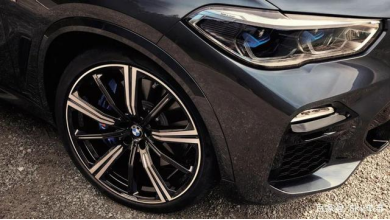
As a key technology in the automotive industry, the manufacturing process of forged wheels plays an important role in many fields with its unique performance advantages and continuously developing technical level. With the continuous advancement of science and technology, it is believed that the manufacturing process of forged wheels will achieve greater breakthroughs in improving production efficiency, reducing costs, optimizing performance, etc., bringing more innovation and changes to the development of the automotive industry, and allowing more consumers to enjoy the excellent driving experience brought by high-performance forged wheels.
